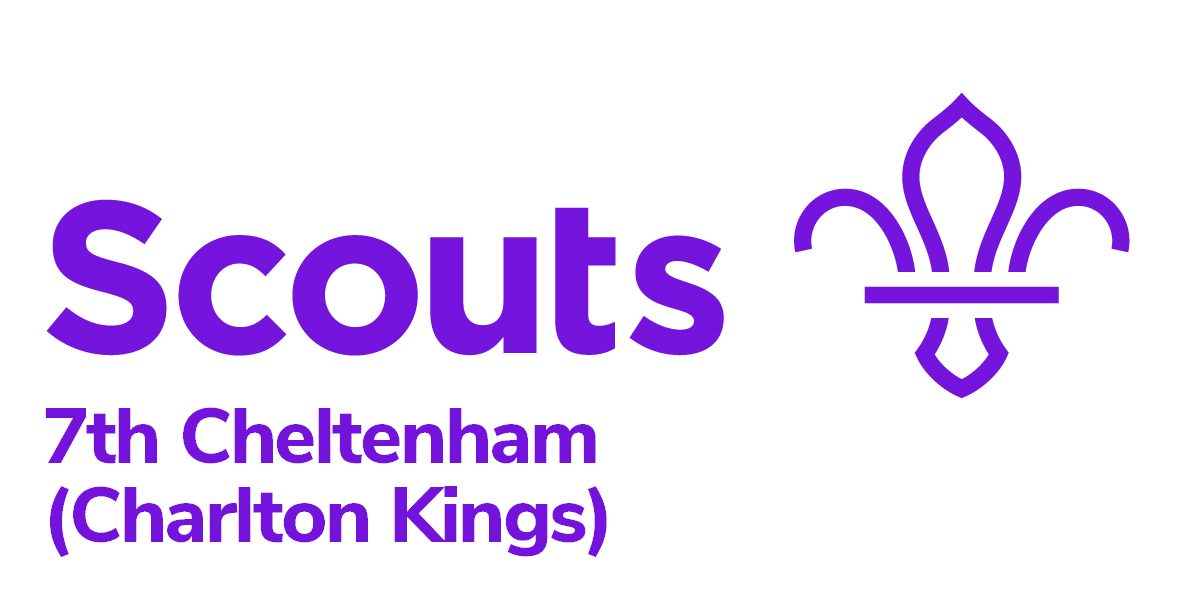My parents purchased a house in Cirencester Road in 1903, where we lived until 1924. I attended the Infants School in 1906 and thence to the Boys until 1912. (I have studied the photograph on page 64 in Bulletin No 5 and I am almost certain that the lady on the left of the picture was Mrs. Roberts the headmistress).
I remember Mr. Ryland, my teacher for a time in the Boys School and our Scout master, asking me to don my Scout uniform and bring my drum, as he wished to do a water colour. This was subsequently framed and hung on the wall of the Scout HQ. I wonder if it is still there – a round shouldered little scout complete with his drum!
My scouting activities covered the period 1913 until 1918 and I attended the annual camps as follows:
Portishead 1913; Winchcombe 1914; Twyning 1915; Bredon 1916; Chedworth 1917; Coberley 1918
I am not quite certain of the exact sequence but I think the above is fairly accurate. These events were all enjoyed and uneventful. I apologise if I chronicle the minutest trivialities but they still stand out in my mind. The first three camps were combined affairs, in fact, they were quite large camps. Owing to the outbreak of hostilities in 1914, some scout troops were unable to come, their tents having been commandeered by the military. At Twyning Mr Ryland hired a rowing boat for the duration of the camp, thus we had the added pleasure of going into the water and on the water. The sole accident there happened to “Cub” Harris who injured a knee in a jumping competition and was unable to walk. When we struck camp he steered the boat back to Tewkesbury and Mr Ryland carried him to our conveyance. I recall one accident during the camp at Bredon when on a Sunday evening a boy named White cut himself rather badly with an axe. It was decided that the wound should be looked at by the District Nurse. She was in church and someone had to go there and ask her to come to the camp. She bound up the cut and gave him a sleeping tablet to take later. When he popped this in his mouth, he fell back on his bed, to the consternation of his fellows who had never before seen such quick-acting pills! It was, of course, a pretence, his little joke. Wherever we camped, we were always on the look out for somewhere to swim and at Coberley, Mr Wilson who lived at Coberley Mill allowed us to swim in the mill pond when the water-wheel was not turning to grind the corn. At Chedworth we discovered the River Coln, inside two miles from our camp.
We had a pretty fair Bugle Band at Charlton Kings and although there was not at that time a Noise Abatement Act, practices were carried out in Timbercombe Lane, so I do not remember any complaints. During the early days of the War, the band was roped in for recruiting. The gentleman from Dowdeswell Court lent his car and chauffeur to take the band to Cotswold Villages. Local dignitaries would mount a farm wagon and harangue the crowd, the theme being “Your King and Country Need You”. Having made up their minds, the volunteers would form up behind the Bugle Band and march off to the place of enrolment. Later on, the professionals took over; the Band of the lst Glos Regiment came up from Horfield Barracks, Bristol, and toured the Cotswold towns and villages to assist in the recruiting drives, and the Charlton Scouts’ Bugle Band was made redundant!
In 1914 at Winchcombe, we camped close to St James’s Troop of which Mr Tom Parker was scoutmaster; and in 1928, on marriage, I purchased a house in Naunton Park Road, and Mr Parker was living two doors away!
During our camp at Coberley, a lady living in the village passed away. The Vicar asked if any of our scouts were choristers. I don’t think any sang in Charlton Kings church but about eight of us offered to sing at the funeral, augmenting the choir to ten! This we did and although the purity of tone may have compared unfavourably with professional choirs, the Vicar was most grateful for our efforts, as were the mourners who after the service came to express their thanks. On that sombre note, I will close this section!
Extract from Charlton Kings Local History Society Volume 7 pages 7-8 Author: ?
